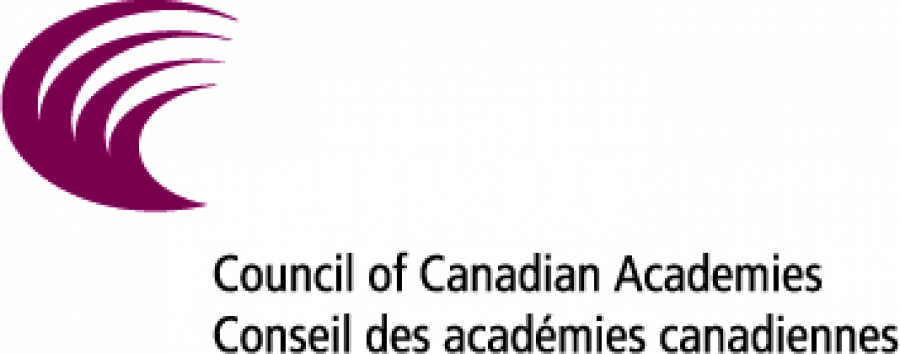The Clear Seas Centre for Responsible Marine Shipping (Clear Seas) asked the Council of Canadian Academies to undertake an expert panel assessment on the social and economic value of commercial marine shipping in Canada and PortEconomics associate member Mary R. Brooks has been appointed as Chair of the Expert Panel.
The question to be asnwered is: What is the social and economic value of commercial marine shipping to Canada and its regions*? How will global trends related to shipping affect future shipping activity in Canada?
This assessment will explore the extent of both economic and social value of shipping on Canada and its regions* while also looking at how shipping trends now underway might affect Canadian marine shipping activity in the future.
Background
The high standard of living that Canadians enjoy is dependent, in part, on Canada’s involvement in global trade. About one third of exports and over a quarter of imports by value are transported by water. Shipping is vital to the competitiveness of Canadian commodity exports and is a lynchpin in many Canadian supply chains. In addition to its economic value, shipping is also critical to coastal community survival and food security in the Arctic, as it is often the only source of food and other supplies for Canada’s most northern communities. Current trends in technology, climate change, emerging markets, and other factors, however, may influence the value of commercial marine shipping in the future.
*The regions are: Atlantic Canada, Central Canada (Quebec and Ontario), Northern Canada (including Arctic and the three territories), the Prairies, and Western Canada (British Columbia and Alberta).
You might contact Mary R. Brooks at: [email protected]











